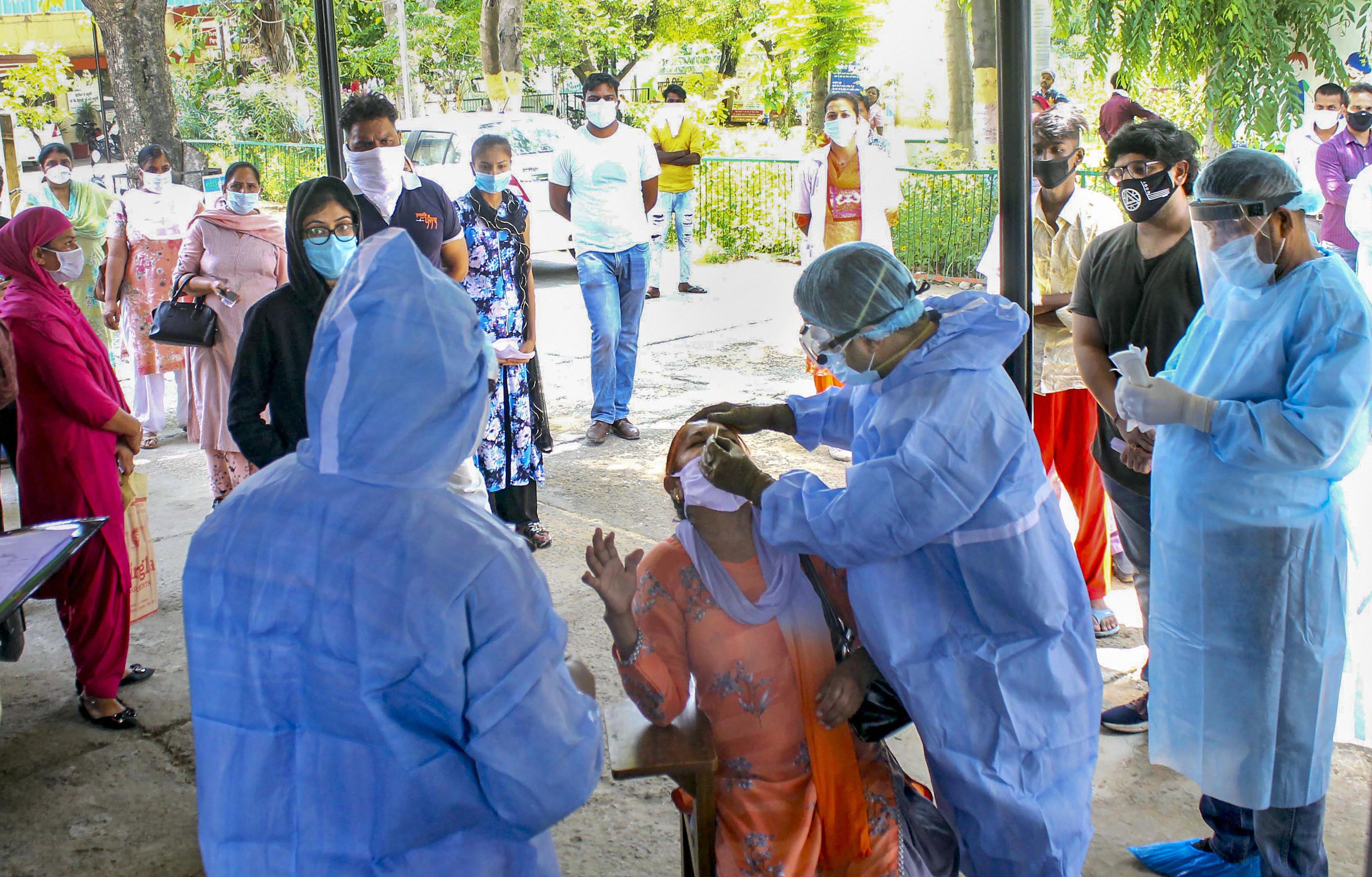Handling a crisis on the scale of a global pandemic requires foresight and measured interventions. Some of these interventions seem to be happening as Unlock 1 unfolds after over two months of a stringent, country-wide lockdown. Given that this period is supposed to witness incremental normalcy and the resumption of certain services in a phased manner — public transport is being reintroduced slowly, restaurants and shopping malls are expected to open in non-containment areas while a certain percentage of employees have returned to work — this is the best time to assess what the lockdown achieved.
The picture, unfortunately, is not a rosy one. The primary aim of the lockdown — breaking the chain of infection — does not seem to have been fulfilled. Before the lockdown began, the official number of Covid-19-positive cases in India stood at 564 with the death toll at 10. Over two months later, the cases have crossed 2 lakh, with India becoming the nation with the seventh-highest number of positive cases in the world. The mortality figure is over 5,000. This alarming development is tied closely to another failure: the Centre’s inability — for the lack of trying? — to prepare India’s health infrastructure for the crisis by taking advantage of the lockdown. This is manifest not only in the reported shortage of personal protective equipment for frontline healthcare fighters but also in the way they have been treated. Some have faced discrimination and violence: a doctor in Visakhapatnam who highlighted the PPE shortage was tied up and beaten by the police. Others have lost their lives to the disease. The economic crisis, another result of a hastily-imposed lockdown, has rendered over 12 crore Indians, most of whom belong to the unorganized sector, jobless. The lockdown was admittedly a necessity. But poor planning deepened the suffering of migrant workers, who were denied timely, adequate provisions for food, shelter and income. The scale of the crises — health, humanitarian, economic and moral — exposes the Centre’s shoddy response. Theatrics — the showering of petals on health cadre, the clanging of utensils by ‘patriots’ — are unlikely to mask the worsening ground situation.











